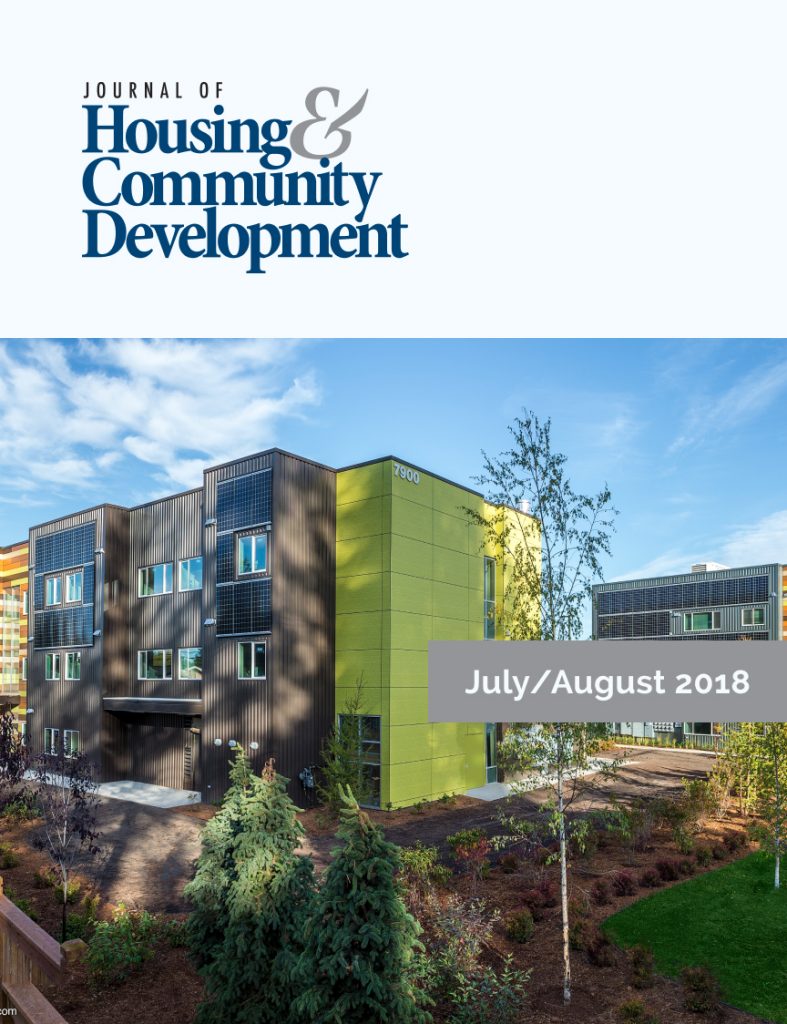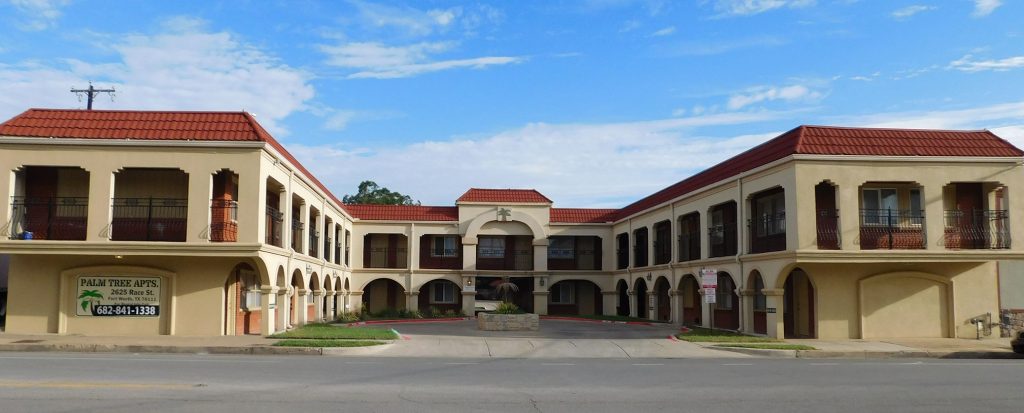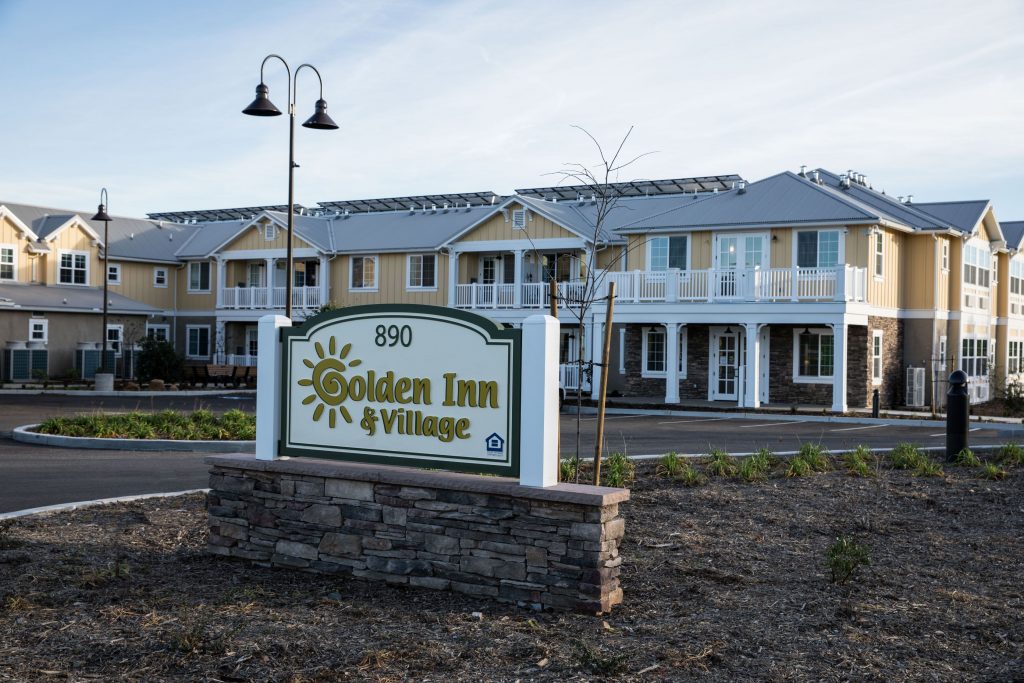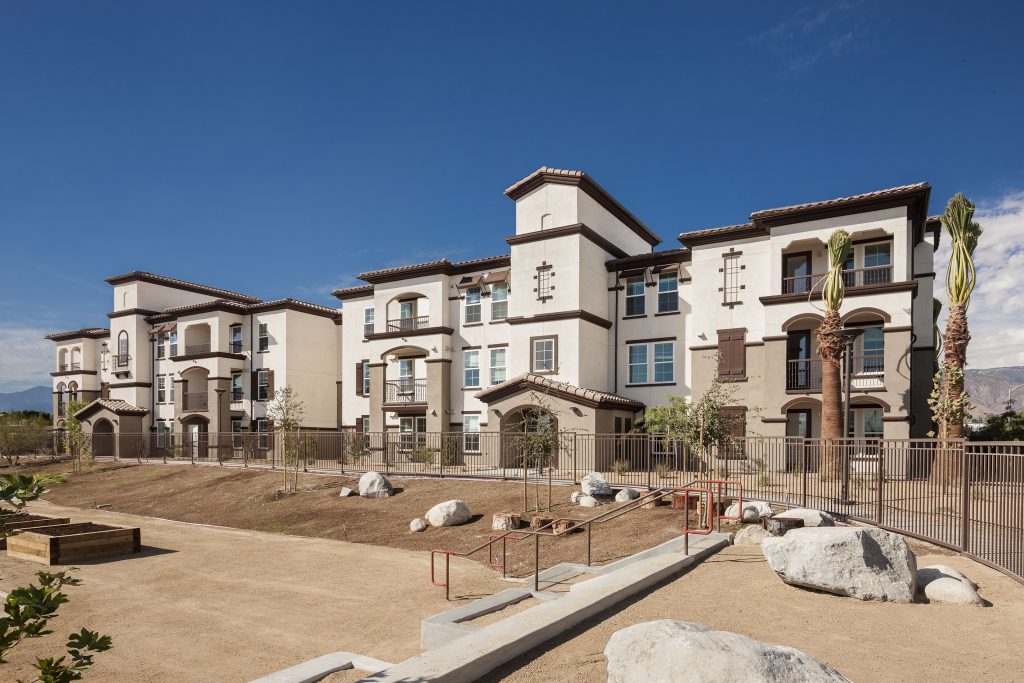Awards of Excellence: Project Renovate
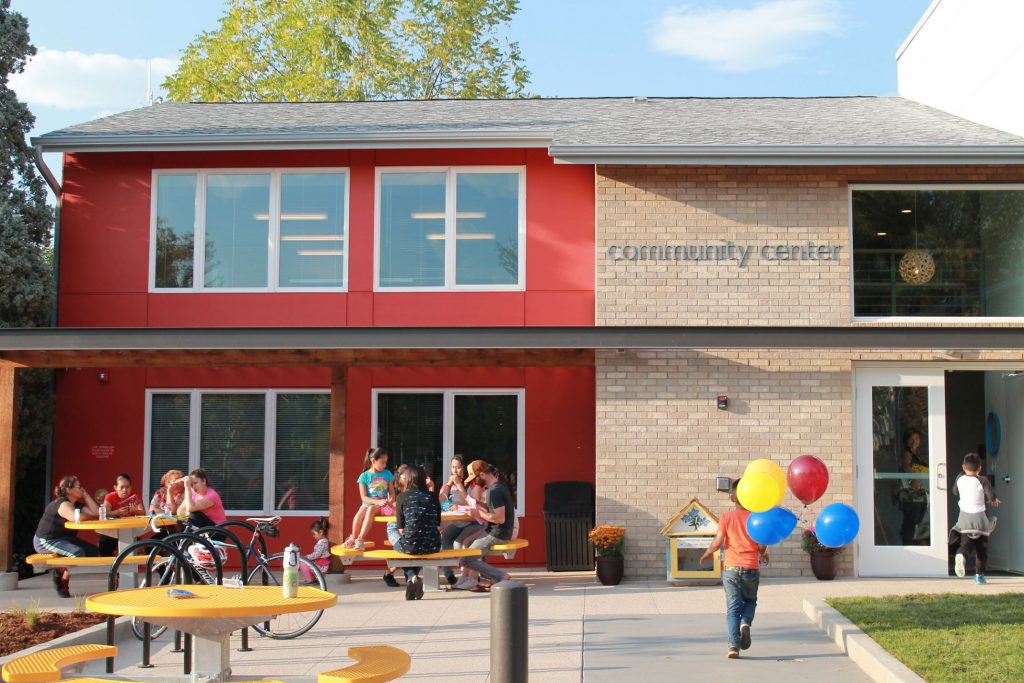
The Boulder Housing Partners wins a 2017 Award of Excellence in Affordable Housing for Project Renovate, which created a more livable public housing option for nearly 300 residents, and also established new, on-site community centers with services designed to break the cycle of poverty. Nominated from among the NAHRO Award of Merit winners each year, the Awards of Excellence winners are chosen by national juries and honored at the annual National Conference and Exhibition in October. They represent the very best in innovative programs in assisted housing and community development.
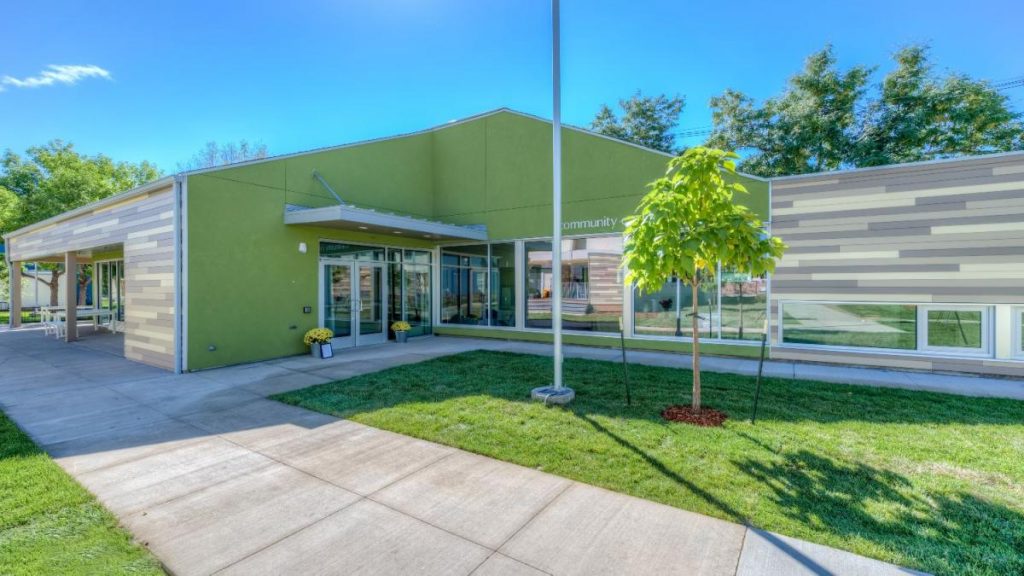
Colorado’s Greater Denver area (including Boulder, a suburb) is experiencing extraordinary growth, adding around 100,000 people in the past seven years alone. The city’s housing needs, however, have not kept pace with those of the community. Home prices have risen dramatically, which in turn is making rentals and for-sale housing unaffordable many of the area’s residents. In the fourth quarter of 2017, the average price of an apartment in Denver was $1,370. An affordability study out of Longmont found that there are very few options on the market for less than $150,000 in Boulder; further, the market shows no signs of cooling, with the average price of an average single-family home price surpassing $1.2 million, nearly double what it was just 10 years ago.
For the most vulnerable residents in the city, a rent or mortgage at that price point is simply unaffordable. On top of that, many of Boulder’s public housing options were outdated – many of them are nearly 50 years old, and decreasing federal funding has limited the amount of money available for maintenance and investment in them. With these issues in mind, Project Renovate – which is the recapitalization of Boulder Housing Partners’ Public (BHP) Housing portfolio – sought to create a more livable public housing option for Denver’s very low income residents (defined by HUD as earning 50 percent or less of Area Median Income). But more than that, it also established a self-sustaining community that focused on the needs of the residents by establishing programs to break the cycle of poverty and committing to serving the community’s neediest in perpetuity.
Boulder’s public housing properties had been harmed for years by decreases in subsidies and federal asset restrictions. These limitations resulted in limited funds available for rehabilitation of Boulder’s housing, causing the deterioration of the area’s properties. However, when BHP received US Department of Housing and Urban Development (HUD) approval to release six properties from the asset restrictions of the Public Housing program, an opportunity arose to help update these facilities. HUD recognized that the public housing had been under-subsidized and sought to address recapitalization issues through the Rental Assistance Demonstration (RAD) program, which allows public housing agencies to leverage public and private debt and equity in order to reinvest in their public housing stock. Under RAD, public housing units are converted to the Section 8 platform with a long-term contract that must be renewed. This ensures that the units remain permanently affordable.
Project Renovate became Colorado’s first Rental Assistance Demonstration (RAD) conversion of Public Housing to a tax credit partnership (now called Boulder Communities LLLP). The RAD program, along with Section 18 Demolition and Disposition program, helped address the area’s maintenance issues and deterioration that been deferred over years in its older facilities – 279 Public Housing units from Diagonal Court, Iris Hawthorn, Kalmia, Manhattan, Northport and Walnut Place – which were constructed in the between the 1960s and 1980s. The program was funded with a combination of 4 percent LIHTCs and Private Activity Bonds (PABs).
“By utilizing a tax credit model and Project-Based Section 8 programming, BHP will no longer have to ‘band-aid’ maintenance needs as they arise because of a lack of funding options. We now have a stable operating and replacement reserves fund that could never have existed while these properties were Public Housing,” said Laura Sheinbaum, Senior Project Manager.
With a budget of just over $88 million, the initiative provided housing for 279 Boulder’s neediest households, including economically vulnerable families, seniors, and individuals with disabilities, in a combination of single-family houses, two-story townhomes, and two- and three-story apartment-style housing. Project Renovate added modern amenities, established energy efficiency improvements, added playgrounds, improved accessibility and created a better ascetic. Notably, the program also added three new community centers, and renovated the two existing ones.
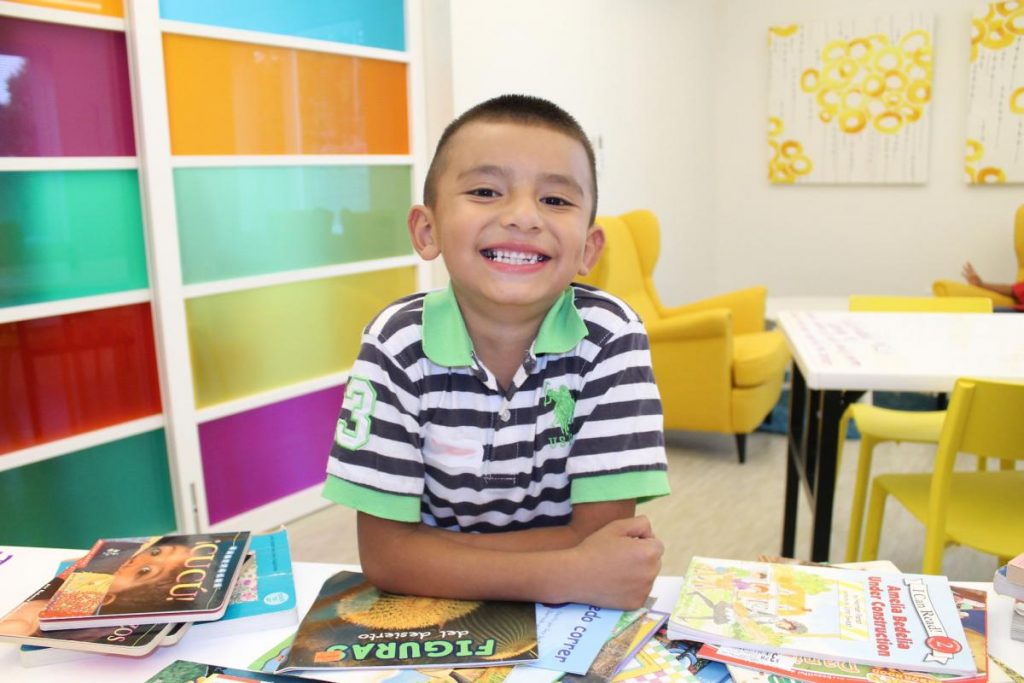
The community centers, which are located at each of the family properties, are an important aspect of the program, and play a key role in helping residents escape the cycle of poverty by working with both parents and children. “Once a family takes residence at a BSH site,” Sheinbaum explains, “supportive services provided by BHP partners begin, and continue all the way through a child’s high-school graduation.” The “Bringing School Home” education initiative, which features a partnership with the “I Have a Dream” (IHAD) Foundation in Boulder County, creates “a home and parent-centric program” with five goals:
- Extend the learning day and year;
- Provide a two-generation approach to education by providing a new way to effectively and trustingly reach parents and children;
- Create a strong culture of achievement and opportunity;
- Provide a lifelong adult mentor; and
- Guarantee the promise of college tuition.
“We want to frame our next 50 years of service to the Boulder community on this remarkable investment in human potential and celebrate the return on investment stable, quality, affordable housing can have,” Sheinbaum said.
Project Renovate will remain affordable for its residents, with residents paying rent as a percentage of their income at a level that is affordable to them. The rehabilitation did not change the affordability or the households – the communities will continue to serve families and individuals earning less than 60 percent of the area’s median income (though many of the residents’ incomes are significantly lower). Importantly, the properties will also remain financially viable and will be able to fund future capital needs without federal financial support. In addition to developing the project, BHP will remain the property manager.
BHP credits the combination of a tax credit model and Project-Based Section 8 programming for their success, stating that the stable operating and replacement reserves fund could never have existed while these properties were Public Housing. “Project Renovate has allowed Boulder Housing Partners to recapitalize six properties and transfer the programming into a long-term, financially viable and sustainable model that will allow extremely low-income members of our community to live in beautiful, healthy housing.”
By the numbers:
- 89: Percent of the residents who earn 30% of the areas average median income.
- $329: Average tenant’s monthly rent
- $14,413: Average tenant’s annual income
More Articles in this Issue
- HD SUPPLY
Time Is Money: Successful Turns and PI Project Solutions
Many studies have shown that for every move-out, there needs to be a move-in as… Making an IMPACT on Capitol Hill
The NAHRO Washington Conference, Innovate 2018: IMPACT, began at 2:00 p.m. on Sunday, April 22,…Awards of Excellence: The Palm Tree Apartments
Fort Worth Housing Solutions wins a 2017 Award of Excellence in Program Innovation for developing…Awards of Excellence: Golden Inn and Village
CORRECTION: An earlier version of this article misidentified the Housing Authority of the County of…Awards of Excellence: Valencia Vista
The Housing Authority of the County of San Bernardino and the National Community Renaissance win a…Commissioners Corner: Goals
I bring you greetings on behalf of the NAHRO Commissioner’s Committee, where I serve as…
